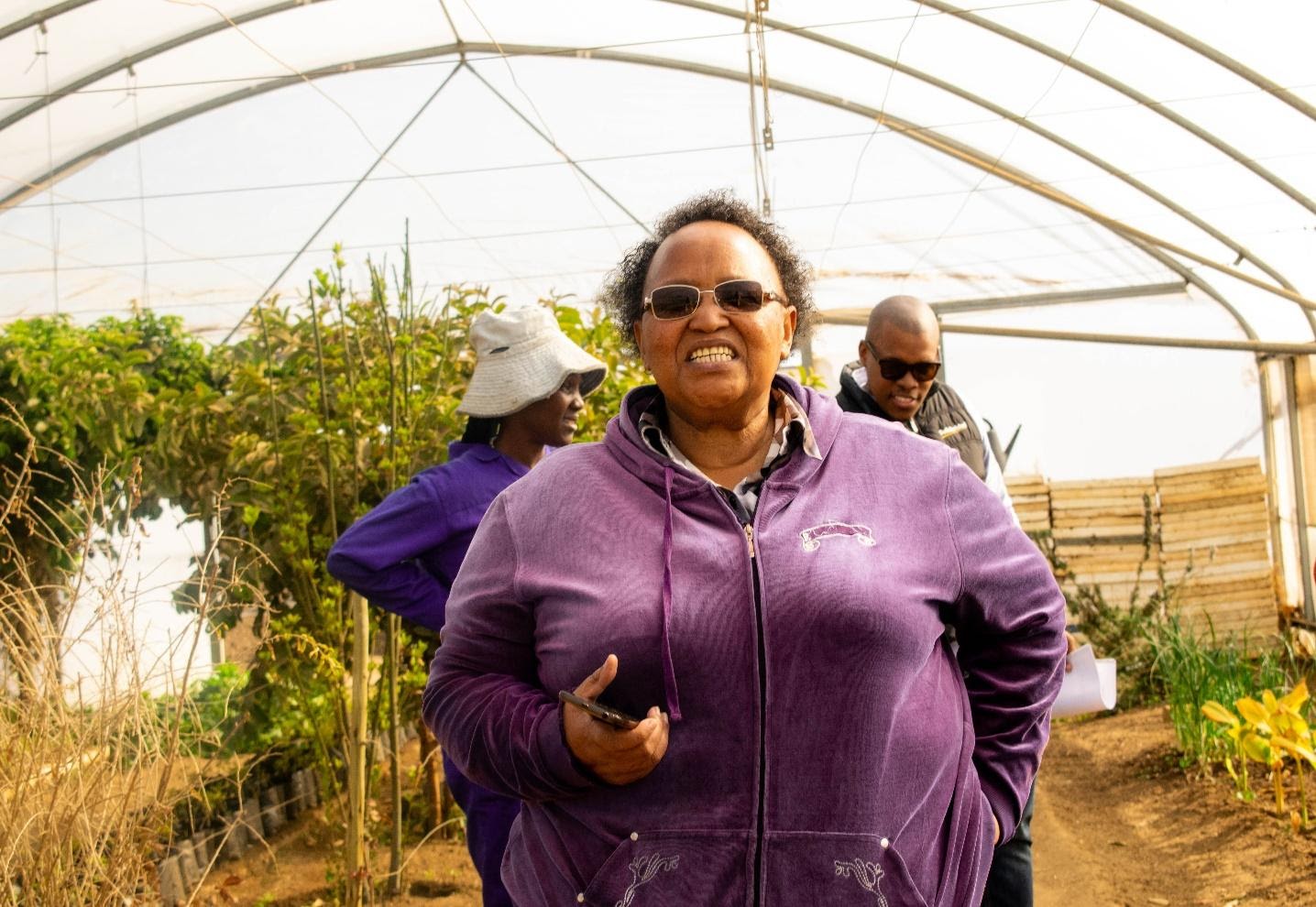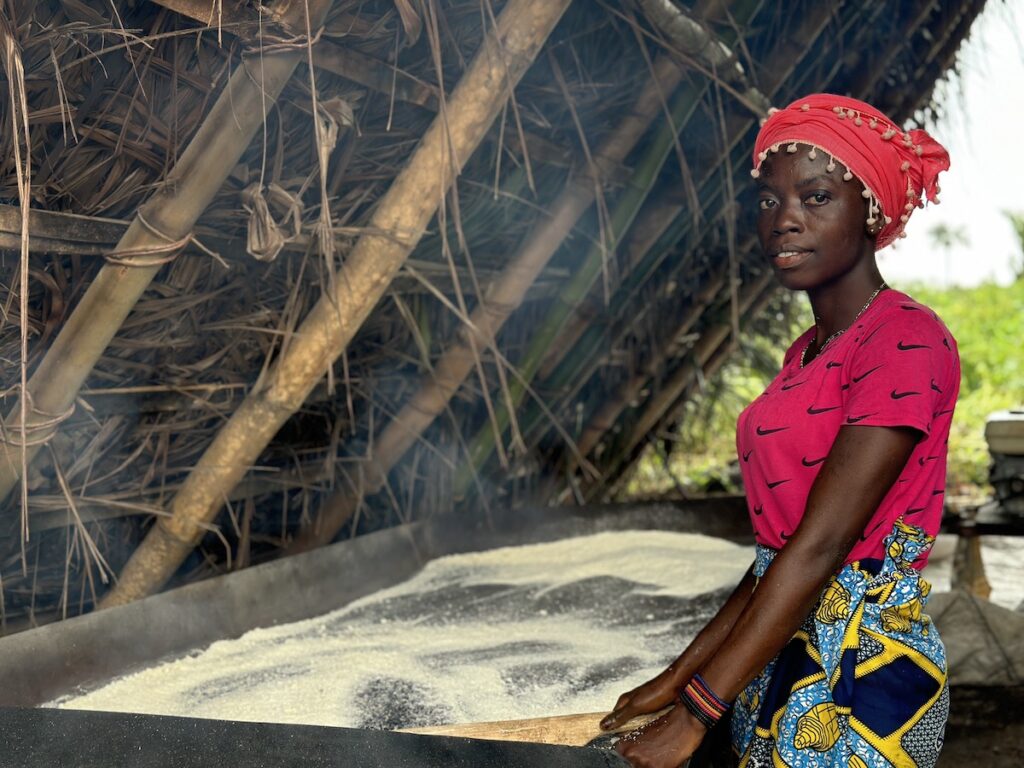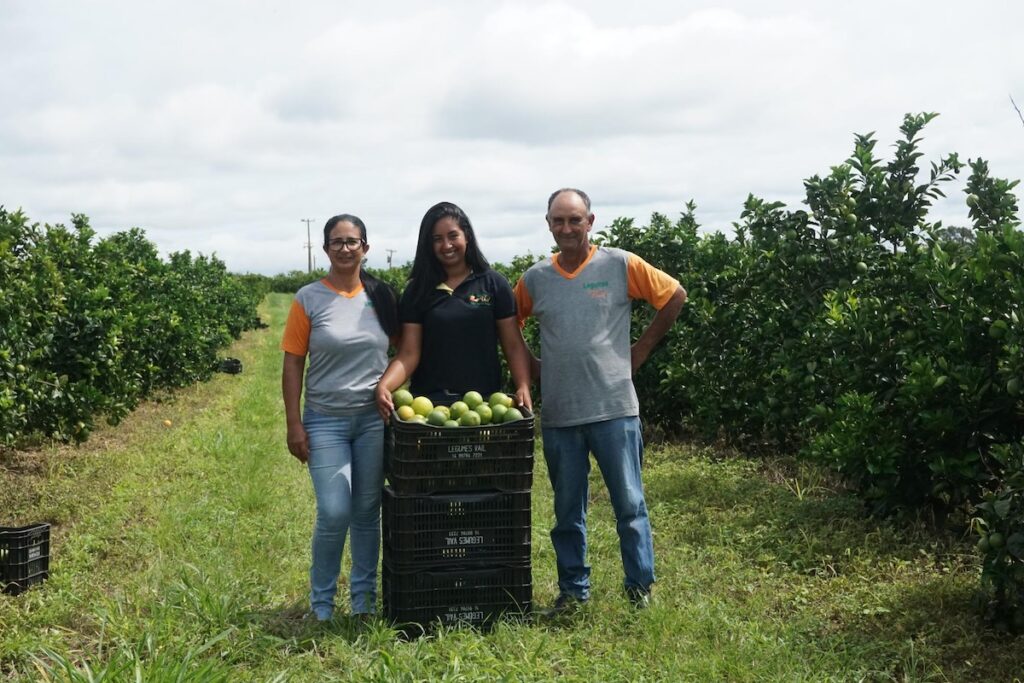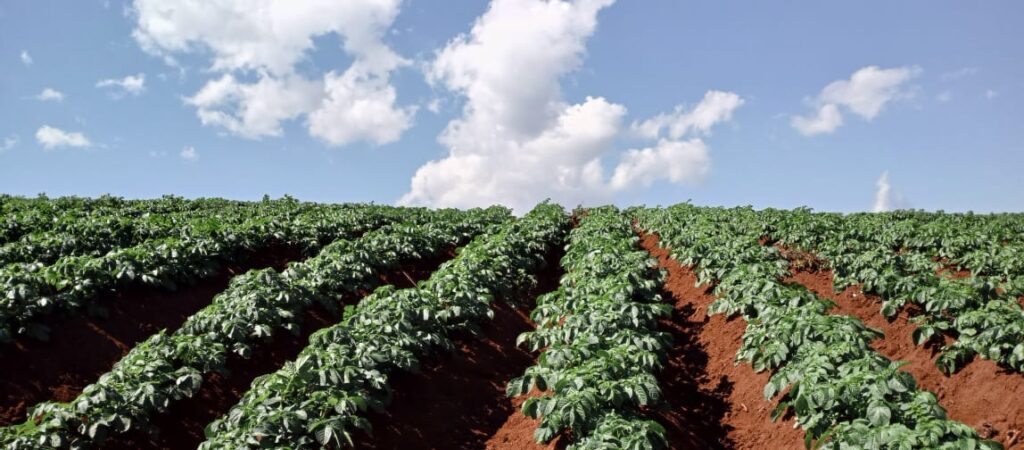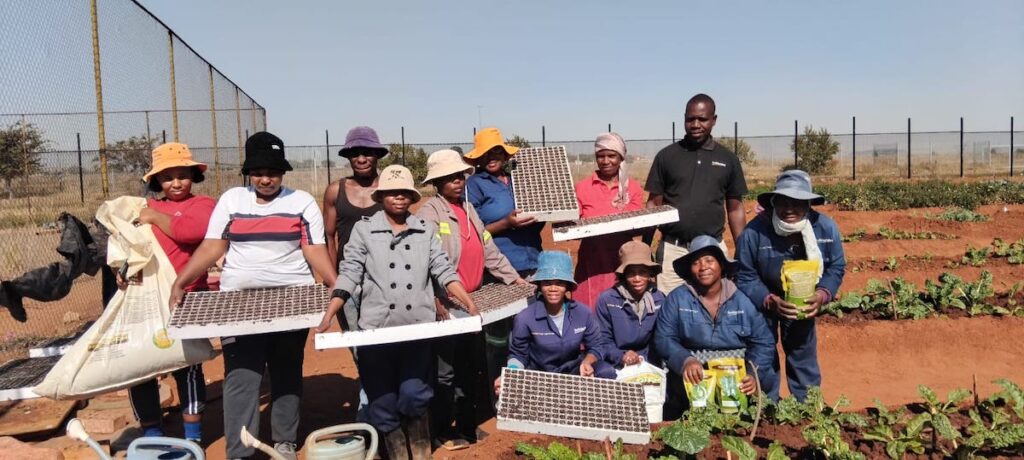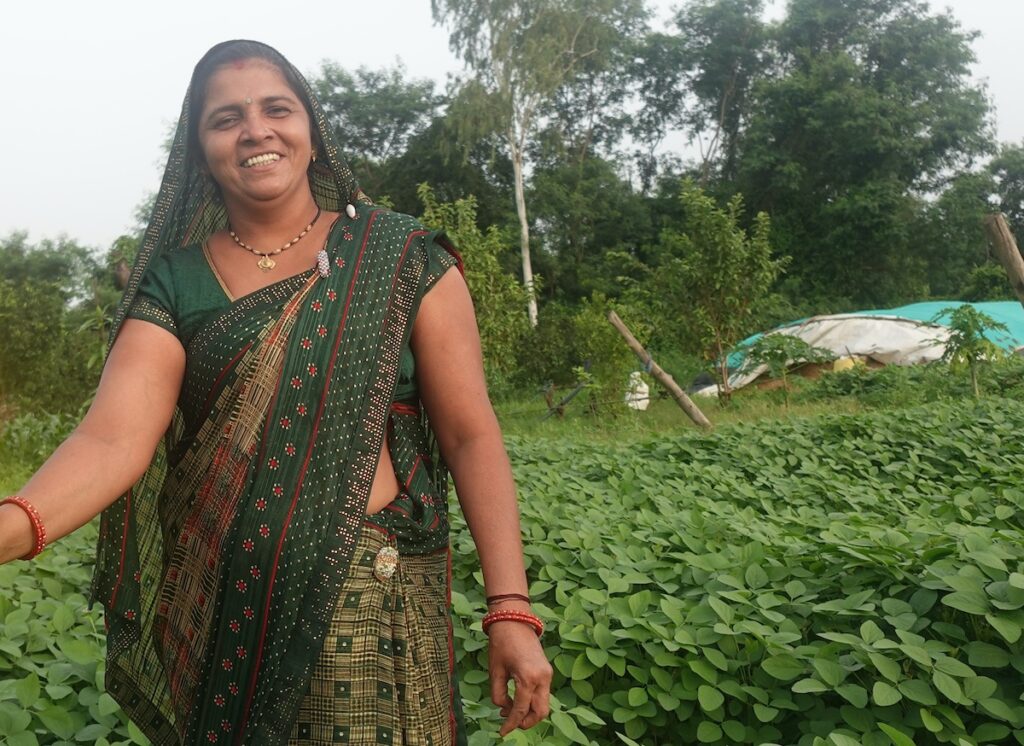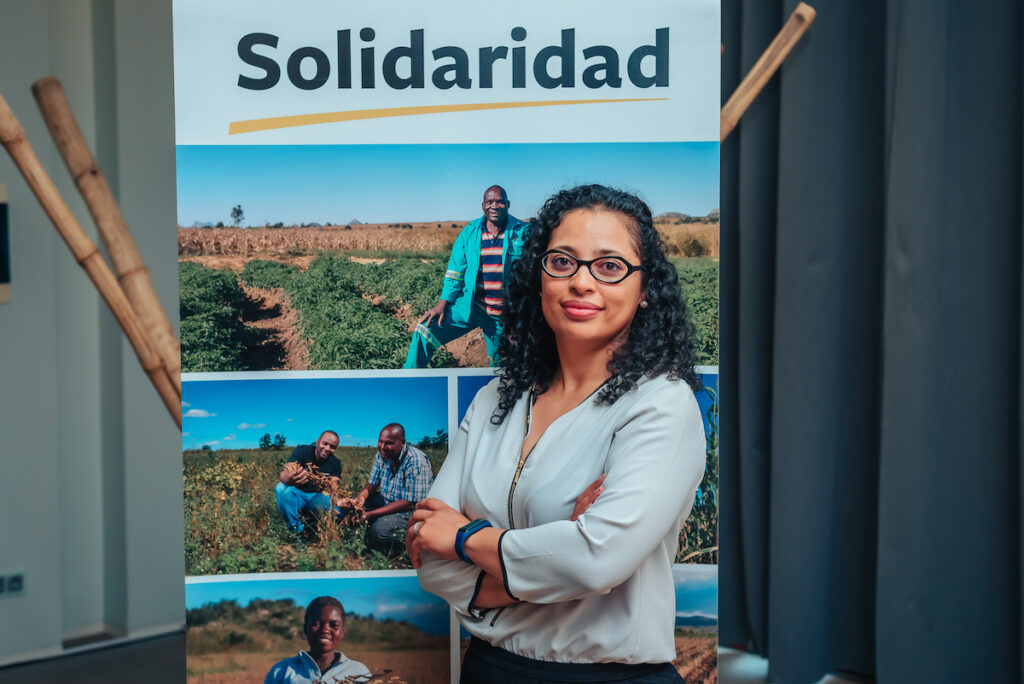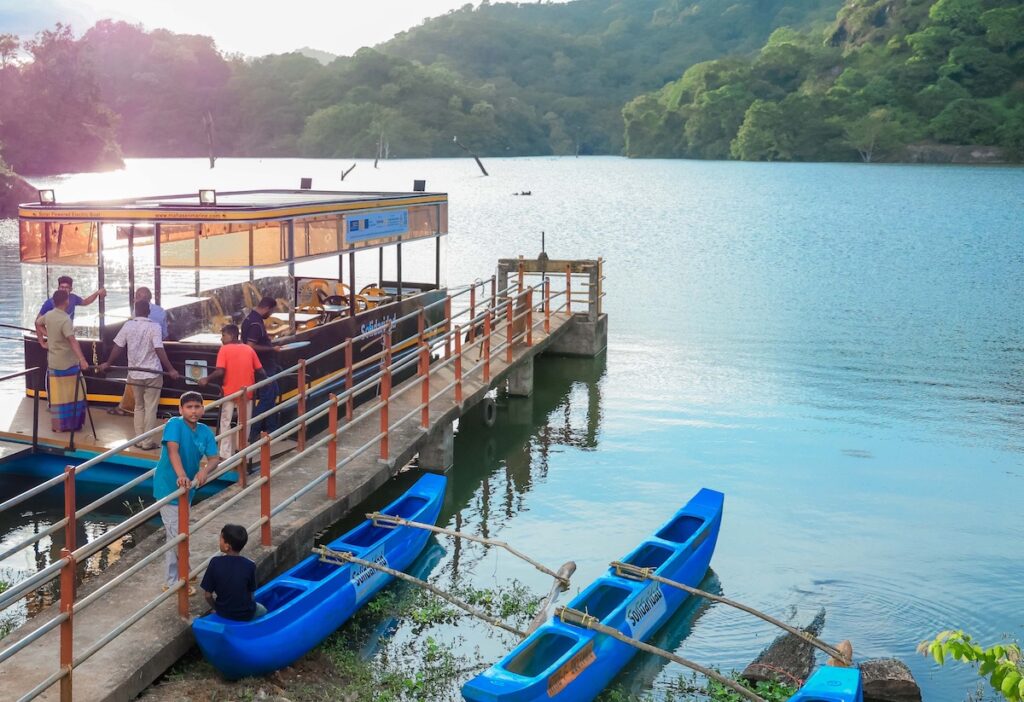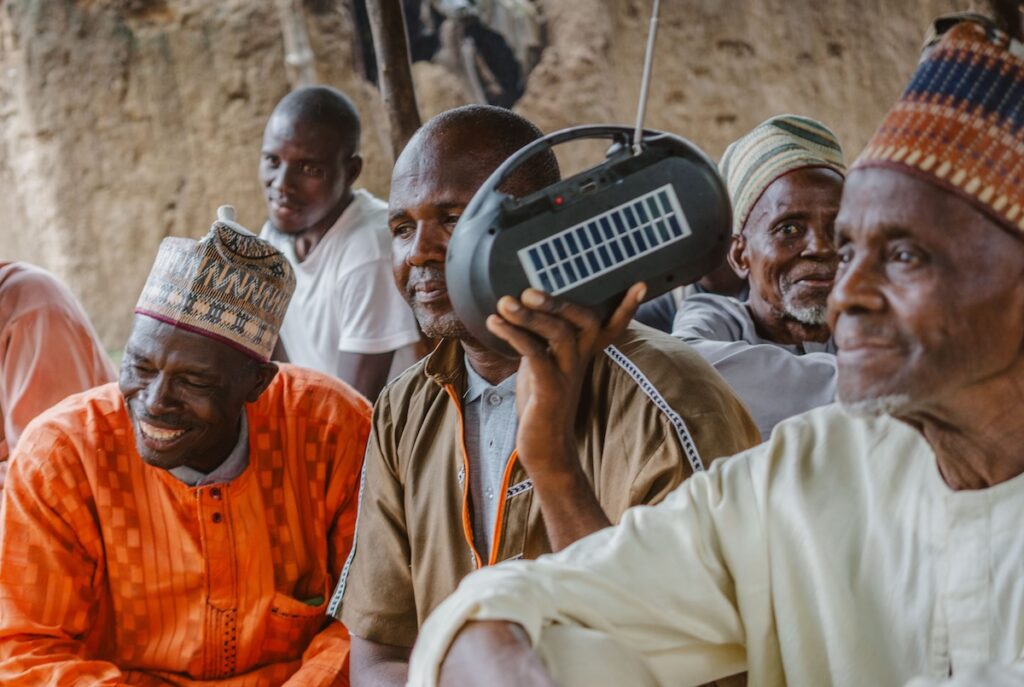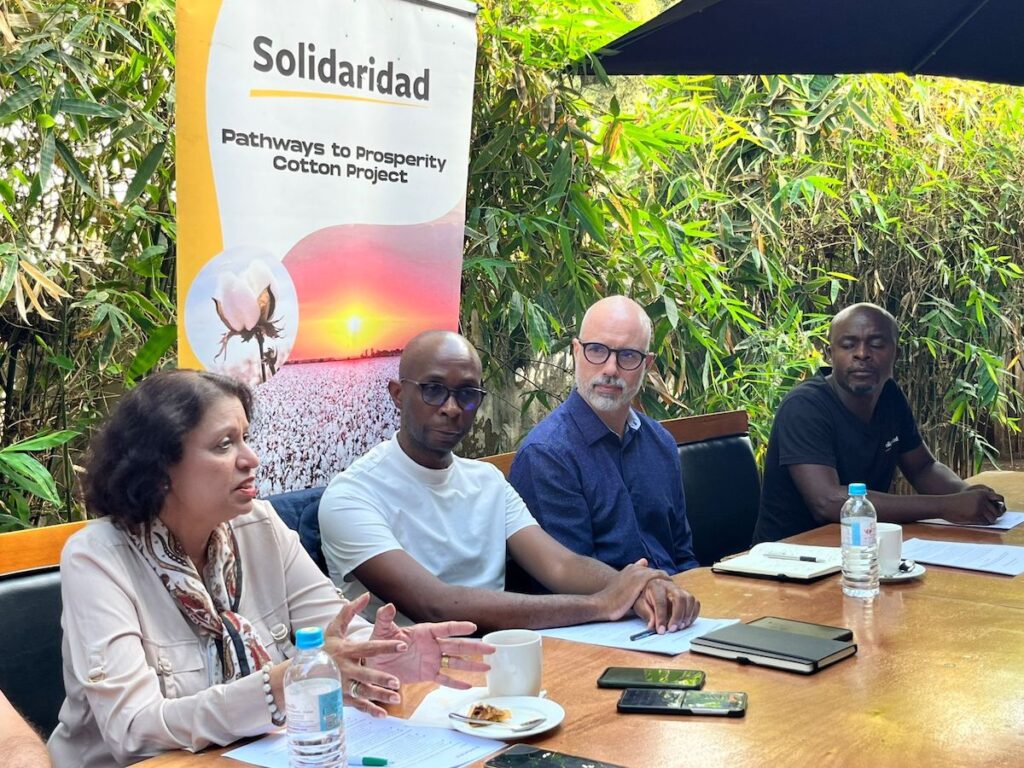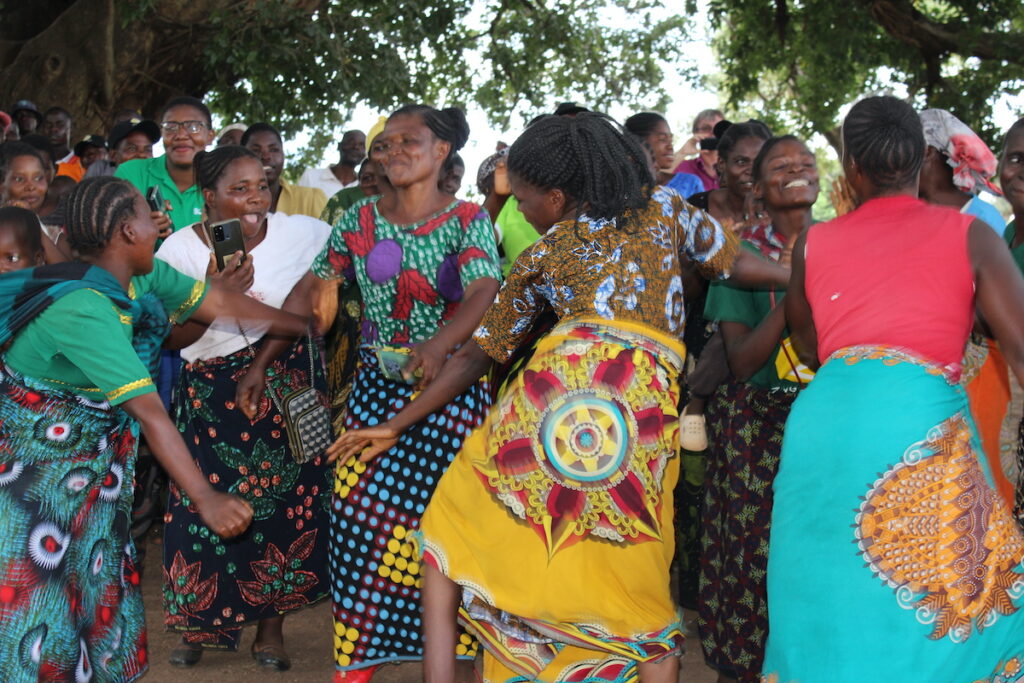Formal supply chains remain out of reach for many smallholder farmers. Poor education and functional illiteracy are some of the contributing factors that prevent smallholder farmers from meeting retailers’ requirements in terms of record-keeping and documentation. Moreover, requirements such as pack houses, cold rooms, full traceability, the regular analysis of products, soil and water testing, all come at an expense that cannot be afforded by smallholder farmers on their own. These factors further limit farmers from accessing formal retailers. Therefore, market-driven support interventions that focus on providing farmers with an enabling environment (such as production inputs, mechanization, pack houses, market-informed production plan, etc.) are critical if smallholder farmers are to benefit in the horticulture value chain.
Additionally, the majority of smallholder farmers in Southern Africa currently have insufficient resources or understanding of standards. The multitude of certifications and overlap between different standards can be costly and does not add value to the farmers’ income. Similarly, smallholder vegetable producers have insufficient information and knowledge on sustainable crop cultivation procedures.
Creating new pathways
The Farmer2Market project makes use of technology, networking, cluster approach, as well as extension services. Approximately 750 smallholder horticultural producers in six different provinces (Gauteng, Eastern Cape, KwaZulu-Natal, Mpumalanga, North West, Kwa Zulu Natal, and Limpopo) in South Africa will obtain LocalG.A.P and gain access to the high-value markets by adopting sustainable production systems. The Farmer2Market project uses a clustering approach, which allows farmers to aggregate their produce; however, they can supply the market individually, if required. Thus far, the projects main achievements include:
- Selection and registration of 750 farmers across six provinces.
- The organization of farmers into clusters, in the different project locations.
- Development of a digital toolkit, the Farming Solutions application, which allows farmers to conduct self-assessments against the food safety standards, identify gaps and take corrective actions, based on the recommendations provided by the application.
- Training of all project’s field officers on the GLOBALG.A.P principles.
- Introduction of the LocalG.A.P principles and training of farmers on the project, on the LocalG.A.P checklist.
- Assisting interested farmers with the testing of their soil samples.
- Market linkage facilitation with high-value retail markets such as Pick N Pay, Yukon, Food Lovers Market, Dewcrisp and Hellochoice.
- Building networks and partnerships with the market and key stakeholders in the sector.
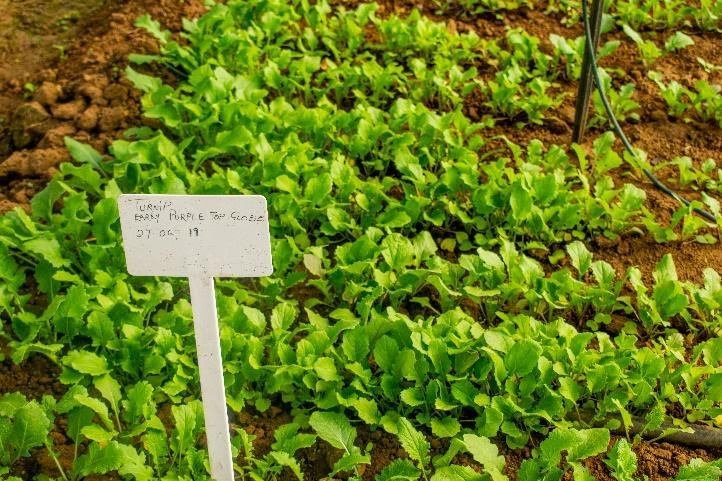
The project interventions have allowed the farmers to become more aware of the importance of food safety as well as good agricultural practices. The LocalG.A.P training sessions being conducted have assisted farmers in implementing the control points and compliance criteria (CPCC) to become LocalG.A.P assessed. These CPCCs include but are not limited to record-keeping and internal assessments, pest management, chemical handling, hygiene, water management, site management, workers’ health, safety and welfare, traceability system, propagation material, plant protection products, etc. The project has been successful in linking several farmers to high-value markets, which was achieved by implementing good agricultural practices.
Nomxolisi Mathe
Farmers who have been linked to markets by the project include Mrs. Nomxolisi Mathe, who was trained on the LocalG.A.P checklist. In 2019, the Solidaridad team facilitated a market contract between Mrs. Mathe and Yukon International Pty Ltd (Yukon). Yukon (located in the Gauteng Province), a global leader in speciality vegetables and microgreens, specializes in the daily shipment of high-quality fresh baby vegetables and microgreens. Yukon was interested to work with entrepreneurial smallholder farmers participating in the Farmer2Market project.
Mrs. Mathe was among the five farmers visited by Yukon in the province, and one of the two farmers who received the Yukon contract. According to the representative from Yukon, Mrs. Mathe was selected out of the five farmers visited, based on the good agricultural practice that she follows on her farm. She currently supplies Yukon with baby beets, turnips and green beans. Mrs. Mathe changed careers from being a teacher to a farmer, and this was due to her love for agricultural practices. Mrs Mathe is currently undergoing audits and according to her, the project has given her the confidence to pursue the GLOBALG.A.P certification, furthermore, her working relationship with Yukon has enabled her to attract shareholders who are mostly women. Mrs. Mathe mentioned that attracting markets has proven a challenge in the past, markets were not offering consistent uptake nor guaranteed prices on crops. However, with the implementation of good agricultural practices she has been consistently supplying to high-value markets.
Our produce is expensive because it’s organic, but informal traders don’t know what ‘organic’ is, and they tend to demand their own prices. That’s why it’s so good to work with processors such as Yukon, who work in formal, high-value markets.
Nomxolisi Mathe, fruit & vegetable farmer
Antoinette Robela
Another farmer involved in the project is Mrs. Antoinette Robela. She has a farm situated in Magaliesburg where she produces a wide variety of vegetables (peppers, tomatoes, cucumber, lettuce, broccoli, cauliflower, potatoes and cabbage) in 32 different tunnels and 4ha open field. Mrs. Robela joined the Farmer2Market project in 2019. During this period, she was unaware of either LocalG.A.P /GLOBALG.A.P, until she took part in the project.
In 2020, Mrs Robela decided to challenge herself and started preparing for the GLOBALG.A.P certification. She had her first external assessment in July 2020 and her farm is now GLOBALG.A.P certified to produce six different crops such as lettuce, cucumber, broccoli, tomatoes, cauliflower and patty pan. Being part of the project has inspired her to reach out to more high-value markets with the confidence of knowing that she implements good agricultural practices on her farm.
Vuyisa Ngcukana
Similar to Mrs. Robela, the project has been successful in linking Mr. Vuyisa Ngcukana with high value-markets. Mr. Ngcukana is a smallholder farmer located in Mthatha, Eastern Cape Province. He owns five hectares of land in Mthatha and 22 hectares in Baziya. The project has been successful in mobilizing different stakeholders to provide farmers including Mr. Ngcukana with training sessions on different farming aspects such as seedling production, fertilizer application, utilization of machinery, etc. Mr. Ngcukana currently supplies Food Lovers Market in Mthatha, the Spar group, Hawkers in the city, individuals for home consumption, intermediaries who supply retailers like Boxer Stores, caterers and local markets. Through the project, Mr. Ngcukana has been trained on LocalG.A.P and he is currently implementing the CPCCs.
Being LocalG.A.P compliant will enable him to access a wider range of formal retailers and secure off-take agreements. Through his participation in the project, Mr Ngcukuya was able to identify a business opportunity where he produces and supplies seedlings to the farmers he met through attending LocalG.A.P training sessions. He believes that if not for the project, he would not have had the courage to turn this idea into reality. Mr Ngcukana enjoys mentoring young farmers in the Eastern Cape; he provides them with information and practical experiences.
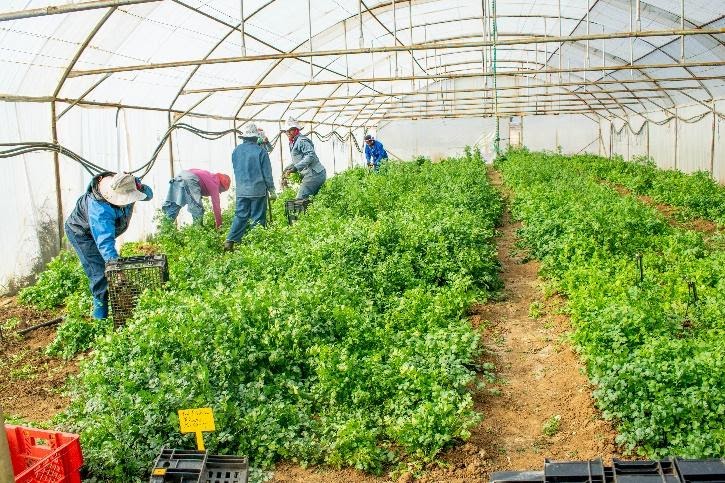
Moya Manaka
Mr. Moya Manaka is the owner of Manaka Farms, situated in the Tarlton area of the Gauteng Province, South Africa, the farm has five different plots, which measures about 85ha hectares in total. With less than five years in operation, Manaka farms is GLOBALG.A.P accredited and prides itself in the production of wide varieties of vegetables such as lettuce, cabbage, chillies, spinach, kale, broccoli and cauliflower. Through the farmer2market project, Manaka farms received a contract from Pick n Pay, where they supply the market with spinach, cabbage, broccoli, cauliflower, patty pans, marrows and peppers weekly. Mr Manaka believes the contract came at the right time, as he was struggling with maintaining the markets he supplies to during Covid-19.
Digital innovations help to overcome challenges
The project has encountered challenges related to training sessions, market linkages and those related to the use of digital applications. A large number of the farmers that are part of the project are elderly and either do not have access to a smartphone or are unable to operate one and mobile data. This has proven to be a challenge with interventions such as the farming solutions or Open Data Kit applications, which require that the farmers can operate or have access to a smartphone. Issues such as these have assisted field officers in understanding the diverse farmers that are on the project. To add, we have realized that LocalG.A.P assessment/GLOBALG.A.P certification is key for market access, this is seen through farmers who have already acquired GLOBALG.A.P, LocalG.A.P, SAGAP, etc. before joining the project, and how easily they have been linked with formal retailers.
One of the interventions the project offers the farmers is the use of digital toolkits, where the Farming Solution application is one of such interventions. The Farming Solution application allows farmers to conduct self-assessment against the CPCCs under both GLOBALG.A.P and LocalG.A.P through the self-assessment, farmers can identify production challenges; manage improvements through a work plan; learn how to implement best practices with audio-visual material and easily monitor improvements. Farmers were trained on the use of different applications, and some of the lessons learnt are highlighted below:
- Women and youth are early adopters when it comes to the introduction of new technologies.
- The youth and women are eager to participate in training sessions and obtain new knowledge.
- Farmers who have access to resources (e.g. capital, infrastructure, etc.) are more likely to implement training concepts. For example, having a well-equipped toilet facility is essential under good agricultural practices; however, only farmers with access to capital can construct a toilet on the farm.
Most of the farmers lack the resources and infrastructure (e.g. packhouse, fences, chemical storeroom, etc.) needed to meet certain good safety requirements or undertake basic value-adding activities (such as sorting, washing, pre-packing), which are all major requirements for supplying to formal retailers. This has also contributed to the delay in farmers receiving their LocalG.A.P assessment. However, the project has been able to assist farmers with services and value-adding activities, such as the purchase of files for record-keeping templates and documentation.

